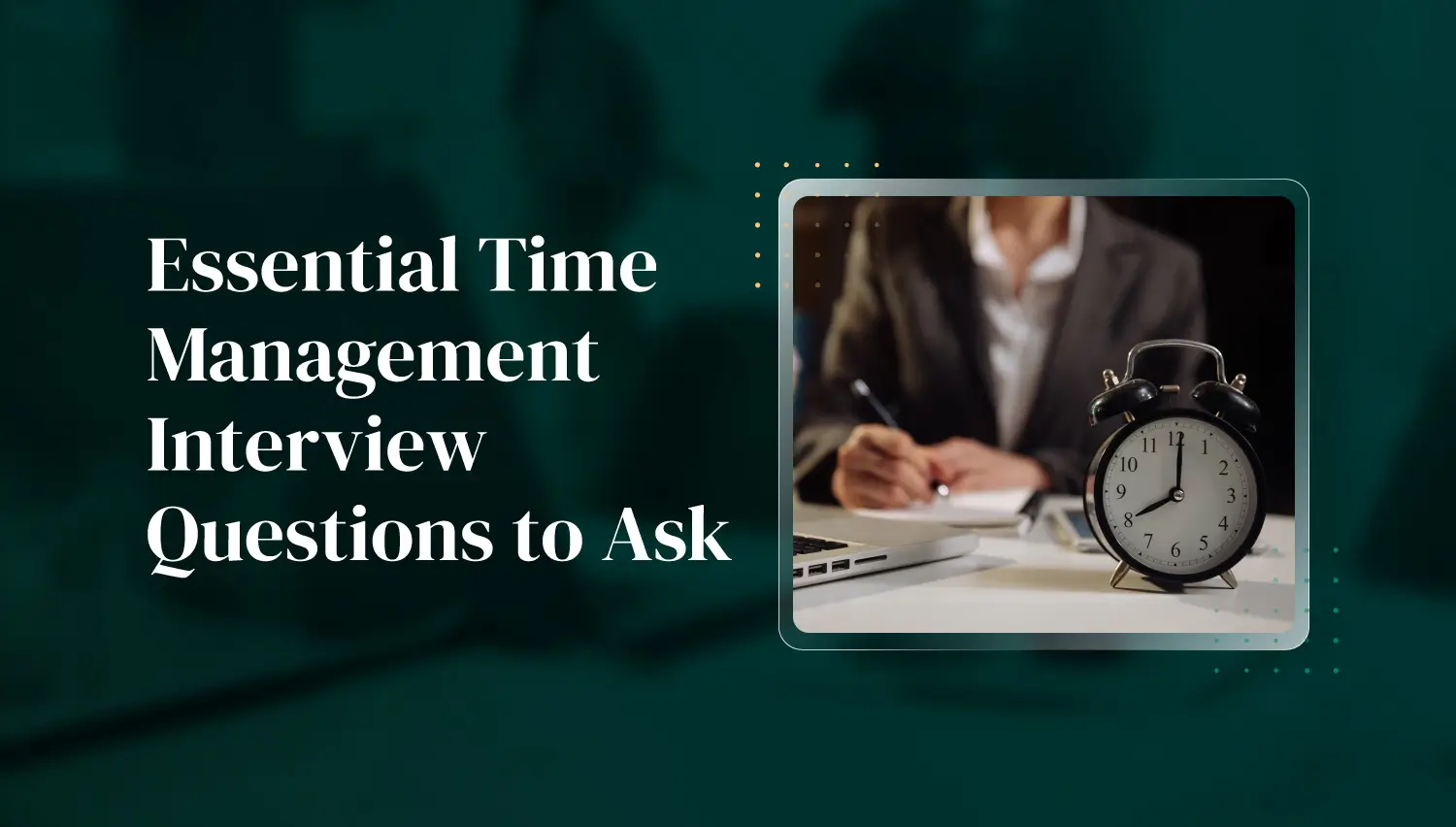A few years ago, I worked with a B2B SaaS company that had just lost its largest client. A national retailer they’d partnered with for nearly five years. The product worked, the service was fine, but no one was managing the relationship. Each issue bounced between sales, support, and delivery until frustration boiled over. By the time leadership noticed, renewal talks were already dead.
When I was brought in to rebuild the account team, it was clear what was missing: ownership. We recruited a dedicated client relations specialist. Someone with commercial awareness, account management depth, and the structure to keep communication consistent. Within a quarter, churn had stabilized. Six months later, the company was winning back former clients and upselling existing ones.
That experience reinforced something I’ve seen time and again: growth isn’t just about acquisition. It’s about protecting what you’ve already earned. And a great client relations specialist makes that possible.
The Real Value of a Client Relations Specialist
At its core, a client relations specialist is responsible for two outcomes: keeping existing clients satisfied and uncovering new opportunities within those relationships. It’s a role that blends empathy, strategy, and commercial awareness in equal measure.
They’re often the only person in the organization who sees both sides clearly: what clients are asking for and what the internal team can deliver. That visibility allows them to act before dissatisfaction turns into churn, or before a client’s quiet success story becomes a missed upsell opportunity.
The business impact is measurable. Teams with a strong client relations function see higher renewal rates, stronger referral pipelines, and more stable recurring revenue. But understanding why this role has become so central to modern growth strategies requires looking at how the market (and client expectations) have changed.
Why This Role Matters More Than Ever
Over the last decade, the balance of growth has shifted. For most companies, especially in SaaS, professional services, and recruitment, revenue no longer depends on one-time wins. It depends on whether clients stay, expand, and advocate for your work. In that environment, client relations have become as strategic as sales.
Acquiring a new client can cost five to seven times more than retaining an existing one, and incremental upsells within current accounts often carry higher margins and shorter sales cycles. A dedicated client relations specialist ensures those opportunities don’t slip through the cracks.
They bring structure to what’s often an informal process: tracking client sentiment, monitoring engagement patterns, and translating them into action. When done right, the role becomes the connective tissue between delivery, sales, and leadership. It’s the difference between reacting to problems and anticipating them.
The next question, then, is what these specialists actually do to create that kind of stability and growth inside a business.
.webp)
What a Strong Client Relations Specialist Actually Does
Build Strong Relationships with Key Clients
A great client relations specialist doesn’t just “check in.” They understand the nuances of each client’s business model, priorities, and internal pressures. That insight builds trust, so when challenges arise, the client feels understood, not managed. Consistent, thoughtful engagement keeps relationships proactive rather than reactive.
Develop Plans to Meet Client Needs
Rather than waiting for issues to surface, they create structured engagement plans, mapping client goals, service touchpoints, and measurable outcomes. These plans serve as both a roadmap and an accountability tool, ensuring every stakeholder knows what success looks like.
Address and Resolve Complaints Quickly
When problems do occur, speed and composure matter. Effective specialists de-escalate early, communicate transparently, and follow up after resolution to confirm satisfaction. That responsiveness can turn a near-loss into a long-term loyalty moment.
Promote High-Quality Service Processes
Client relations specialists often act as the conscience of service quality. They observe friction points, surface recurring issues, and collaborate with delivery teams to strengthen processes. Their feedback loop improves efficiency while signaling to clients that their input leads to visible change.
Identify Upselling or Cross-Selling Opportunities
Because they’re closest to client sentiment, they’re best positioned to spot evolving needs. They know when a client is ready to scale, adopt new services, or test add-ons, and can coordinate with sales teams to approach those conversations strategically, not opportunistically.
Monitor Contract Renewals and Retention Rates
They track renewal cycles with precision, ensuring no client drifts toward disengagement unnoticed. Beyond logistics, they analyze retention trends to help leadership understand what’s driving loyalty and where risks are forming.
Maintain Open Communication with Client Stakeholders
From weekly check-ins to quarterly reviews, communication cadence is everything. The best specialists adapt their approach to each client’s preferences, ensuring stakeholders stay informed and confident in the partnership’s direction.
Document All Interactions in CRM Systems
Consistency is key. Every conversation, decision, and follow-up note gets logged. Creating a single source of truth that protects institutional knowledge and ensures seamless collaboration across teams.
Support Sales and Account Teams with Client Insights
They bridge the gap between relationships and revenue. By sharing detailed context on client goals, frustrations, and priorities, they equip sales and account managers to approach renewals and expansions from a position of genuine understanding.
Report Relationship Health to Leadership
Finally, they make client satisfaction visible. Through regular reporting on engagement health, churn risk, and account sentiment, they help leadership allocate attention where it matters most. Protecting the base that sustains future growth.
What to Look for When Hiring a Client Relations Specialist
Skills That Drive Retention
The strongest client relations specialists blend emotional intelligence with operational precision. They’re natural communicators who know how to listen for context, not just words. But they’re also data-minded, tracking satisfaction metrics, engagement patterns, and renewal timelines to anticipate issues before they escalate. Empathy gets clients talking; structure keeps them loyal.
Experience That Drives Revenue
Look for candidates who have navigated both relationship and revenue responsibilities. Former account managers, project leads, or recruiters with client-facing experience tend to excel because they understand the business mechanics behind satisfaction. The best specialists know how to balance advocacy for the client with the commercial realities of the company.
Metrics That Prove Their Value
Retention and satisfaction are measurable. Strong client relations teams track Net Revenue Retention (NRR), churn rate, client satisfaction (CSAT) scores, and account growth over time. The numbers tell the story: when this role is executed well, client lifetime value rises, renewal rates stabilize, and upsell conversations become easier and more natural.
.webp)
Avoiding Hiring Mistakes That Undermine the Role
Hiring for Friendliness over Commercial Acumen
Many teams default to hiring a “people person,” assuming relationship management is mostly about charm. But retention and revenue depend on someone who can balance empathy with commercial judgment. The right hire understands margin, contract value, and renewal dynamics, and can have strategic conversations with clients, not just pleasant ones.
Ignoring Industry Context
Client relations work varies drastically between sectors. A specialist who thrives in B2C or transactional environments may struggle in long-cycle B2B settings where relationships evolve over quarters, not weeks. When recruiting, prioritize candidates who’ve built trust in similar client models, especially those comfortable navigating complex stakeholder maps.
Partnering with the Wrong Recruitment Agency
Choosing a recruiter who doesn’t understand the nuances of client relations can derail the search before it starts. A generalist may prioritize speed over fit, surfacing candidates who sound great in interviews but lack the commercial or operational depth to manage complex accounts. Work with a partner who understands retention-driven roles, not just placements.
Overlooking Data Literacy
Modern client relations require fluency with CRM tools, account health dashboards, and satisfaction metrics. Hiring someone who can interpret data trends means you’re not just reacting to client sentiment but actually predicting it.
Failing to Define Success Metrics Early
Without clear KPIs, even strong hires drift. Define retention targets, satisfaction benchmarks, and upsell goals before onboarding begins. Those metrics signal that this isn’t a soft-skills role. It’s a measurable driver of revenue stability.
Underinvesting in Onboarding
Client relations specialists are only as effective as their understanding of the product, process, and people behind it. Too often, new hires are pushed into client contact without context. A 30-60-90-day plan with deep internal onboarding ensures they can represent your business with confidence from day one.
Build Client Retention Into Your Hiring Strategy
A client relations specialist isn’t just a support role; it’s a revenue safeguard. When you hire someone who can manage relationships, interpret data, and influence account growth, you’re investing in long-term stability.
The key is finding that balance of empathy, commercial judgment, and strategic communication. The combination that turns client satisfaction into measurable results.
At Somewhere, we help companies hire for exactly that blend, connecting leaders with professionals who turn strong relationships into sustained growth. If you’re ready to strengthen retention through smarter hiring, reach out to Somewhere to find the specialist who can make it happen.














